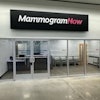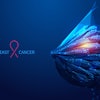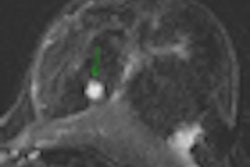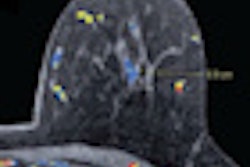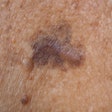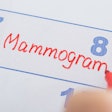A study published today in the Journal of the American Medical Association found that screening mammography is less effective in women with personal histories of breast cancer (PHBC). Women with cancer histories experienced lower cancer detection rates as well as higher rates of overall cancer and interval cancer.
Mammography's effectiveness in women with histories of breast cancer hasn't been well studied, according to a team of U.S. and Australian researchers, led by Nehmat Houssami, MBBS, PhD, of the University of Sydney. The group decided to study the issue in a population of nearly 20,000 women who were screened over 11 years at facilities affiliated with the Breast Cancer Surveillance Consortium (JAMA, February 23, 2011, Vol. 3:8).
The issue is acute, as women with personal histories of breast cancer are at risk of developing second cancers, with risk estimated in previous studies ranging from 5.4 to 6.6 per 1,000 woman-years. Screening or surveillance mammography is usually recommended for these women, but few randomized studies exist to demonstrate its effectiveness, the authors wrote.
The researchers started with a population of 19,078 women with personal histories of breast cancer who received 58,870 screening mammograms between 1996 and 2007. These women were matched to a control population of 55,315 women without breast cancer histories, who also received 58,870 mammograms.
Although screening mammography was able to detect cancers at an early stage, as stage I or ductal carcinoma in situ (DCIS), the modality had lower screening accuracy compared to its rate in women without breast cancer histories, according to the authors. Effectiveness rates of mammography in both populations were as follows:
Screening mammography effectiveness
|
The authors concluded that even though their study supports the use of mammography screening for women with personal histories of breast cancer, breast imaging specialists might not want to use a one-size-fits-all approach. In particular, the highest observed cancer rates in the PHBC cohort were for women younger than 50 years, women with extremely dense breasts, women with previous DCIS, and several other risk factors.
"Our study shows that PHBC women have heterogeneous risk for developing another breast cancer; thus, consideration of a more tailored screening approach might be warranted in some PHBC women, according to our estimates for underlying cancer rates and screening sensitivity," Houssami and colleagues wrote.
